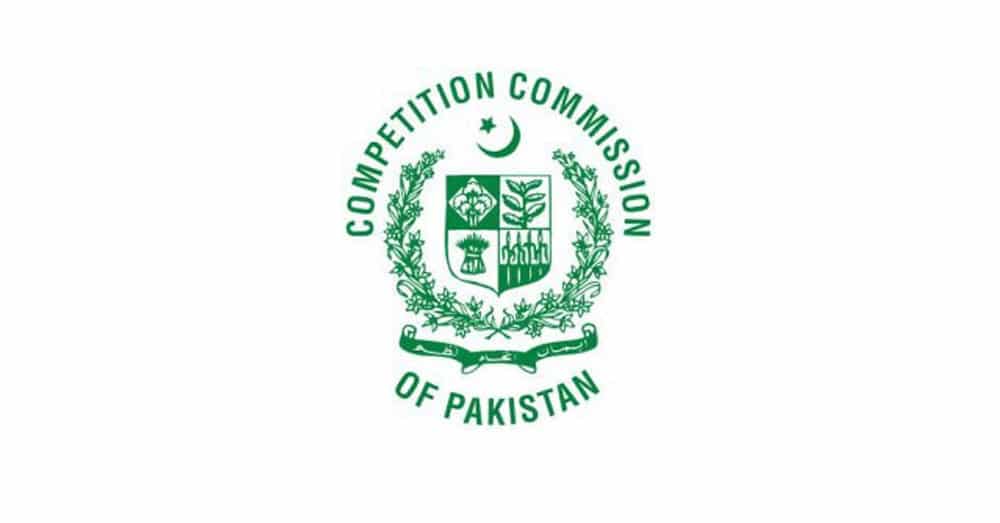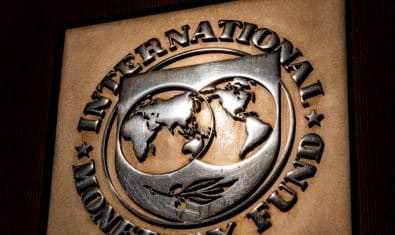The Lahore High Court passed a decision in October, declaring the authority of the Competition Commission of Pakistan (CCP) to regulate trade and commerce “in the interest of competition” across Pakistan to be legal. The court also ruled in the favor of the Competition Act, recognizing the act as constitutional.
The decision has removed a major obstacle in the recovery of over Rs. 28 billion of penalties imposed by the CCP.
Senior CCP officials confirmed to ProPakistani, on Thursday, that the penalty of Rs. 28 billion will surely be recovered from various sectors.
ALSO READ
A Breakdown of CCP Penalties Since 2007 & Complete Failure in Recovery
The LHC decision, which many experts called historic in the post 18th amendment constitutional interpretation, will facilitate the CCP in punishing the cartels and the big businesses that abuse their dominant position to earn undue profits.
During the first six years of its establishment, i.e. 2007 to 2013, the CCP remained particularly active in enforcement of the law. The authority imposed penalties worth billions of rupees in different sectors such as cement, banking, telecom, fertilizer, stock market, poultry, oil and gas, ports and shipping, automotive, education, securities, edible oil, insurance, packaging, aviation, real estate, FMCGs, paints, accountancy, steel, power, couriers services, and retail.
During its first three years, i.e. 2007-2010, back when the current CCP Chairperson Rahat Kaunain Hassan was a Member, the biggest penalty imposed by the Commission was of Rs. 7.2 billion.
During Ms. Rahat’s term as Chairperson in 2010-2013, this figure increased to Rs. 21.63 billion. The biggest penalty, Rs. 9 billion, was imposed in the telecom sector followed by Rs. 8.6 billion in the fertilizer sector and Rs. 6.4 billion in the cement sector. Most of these penalties were challenged in the courts.
During 2013-2020, the CCP witnessed enforcement and imposition of penalties of less than Rs. 1 billion.
From the very beginning, the cartels were trying to defang the CCP, first through exercising their influence to delay the passage of the Competition Act by the parliament, and then by challenging the constitutionality of the Act and CCP’s existence in the courts.
Against all odds, the CCP’s first milestone was achieved with the transition of Competition law from an Ordinance in 2007 into an Act in October 2010. This was also achieved during the current Chairperson’s previous tenure who recently resumed charge on July 16, 2020.
ALSO READ
CCP Issues Notices to 84 Sugar Mills over Cartelization
The success in parliament was followed by a long battle in the courts. The writ petitions were filed against the CCP’s orders in different High Courts, but the major petitions were filed in the Lahore High Court where the petitions were treated as a single petition based on common ground.
After a long wait, the LHC announced its judgment in October 2020. All three judges of the bench found that the Parliament has the legislative competence to enact a law on competition. In minority, Justice Ayesha Malik held that Parliament’s legislative competence, and therefore CCP’s jurisdiction to regulate competition, extends to all inter-provincial as well as intra-provincial matters.
However, other two judges held that while Parliament’s legislative competence extends to inter-provincial trade and commerce, if CCP wants to take cognizance of a matter, it shall have to establish that the activity in question has an effect on trade and commerce beyond the boundaries of a province.
Moreover, by declaring section 62 of the Act as valid, the court validated and granted continuity to all actions, orders, proceedings, etc. of the CCP since the date of the promulgation of Competition Ordinance 2007.
This implies that all actions, proceedings, and orders of the Commission issued under and since the 2007 Ordinance, and all subsequent ordinances as well as the Competition Act, 2010 stand validated.
Sources told ProPakistani that all the cases shall now be referred to the Competition Appellate Tribunal, which is currently dysfunctional. Regarding the Competition Appellate Tribunal, the bench was split two to one that the Appellate Tribunal does exercise ‘judicial powers’ and appointment of its members should be under the control and supervision of the Honorable Supreme Court in line with the apex court’s ruling in the Sheikh Riaz ul Haq case in 2013.
ALSO READ
CCP Raids Office of Cement Producers’ Body For Probing Cartelization
The Federal Government has been given sixty (60) days to ensure that the ratio of the Sheikh Riaz case is complied with.
Ever since Ms. Rahat Hassan took charge of the office in July this year, the CCP has become active again and started inquiries in various sectors including the most prominent sectors of sugar, wheat, and cement.
The CCP has also conducted searches and inspections in the sugar and cement sectors. The sugar inquiry has found Pakistan Sugar Mills Association (PSMA) guilty of cartelization while the inquiry in the cement sector is still underway.


























